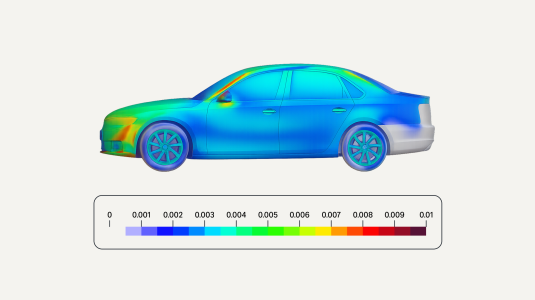Customer-obsessed science


Research areas
-
September 26, 2025To transform scientific domains, foundation models will require physical-constraint satisfaction, uncertainty quantification, and specialized forecasting techniques that overcome data scarcity while maintaining scientific rigor.
-
Featured news
-
2024Fine-tuning large language models (LLMs) for machine translation has shown improvements in overall translation quality. However, it is unclear what is the impact of fine-tuning on desirable LLM behaviors that are not present in neural machine translation models, such as steerability, inherent document-level translation abilities, and the ability to produce less literal translations. We perform an extensive
-
2024In this paper, we propose a novel concept of path consistency to learn robust object matching without using manual object identity supervision. Our key idea is that, to track a object through frames, we can obtain multiple different association results from a model by varying the frames it can observe, i.e., skipping frames in observation. As the differences in observations do not alter the identities of
-
CoLLAs 20242024Multi-source unsupervised domain adaptation aims to leverage labeled data from multiple source domains for training a machine learning model to generalize well on a target domain without labels. Source domain selection plays a crucial role in determining the model’s performance. It relies on the similarities amongst source and target domains. Nonetheless, existing work for source domain selection often
-
2024We propose a new method to measure the task-specific accuracy of Retrieval-Augmented Large Language Models (RAG). Evaluation is performed by scoring the RAG on an automatically-generated synthetic exam composed of multiple choice questions based on the corpus of documents associated with the task. Our method is an automated, cost-efficient, interpretable, and robust strategy to select the optimal components
-
2024Mitigating hallucinations in large vision-language models (LVLMs) remains an open problem. Recent benchmarks do not address hallucinations in open-ended free-form responses, which we term “Type I hallucinations”. Instead, they focus on hallucinations responding to very specific question formats—typically a multiple-choice response regarding a particular object or attribute—which we term “Type II hallucinations
Collaborations
View allWhether you're a faculty member or student, there are number of ways you can engage with Amazon.
View all














































